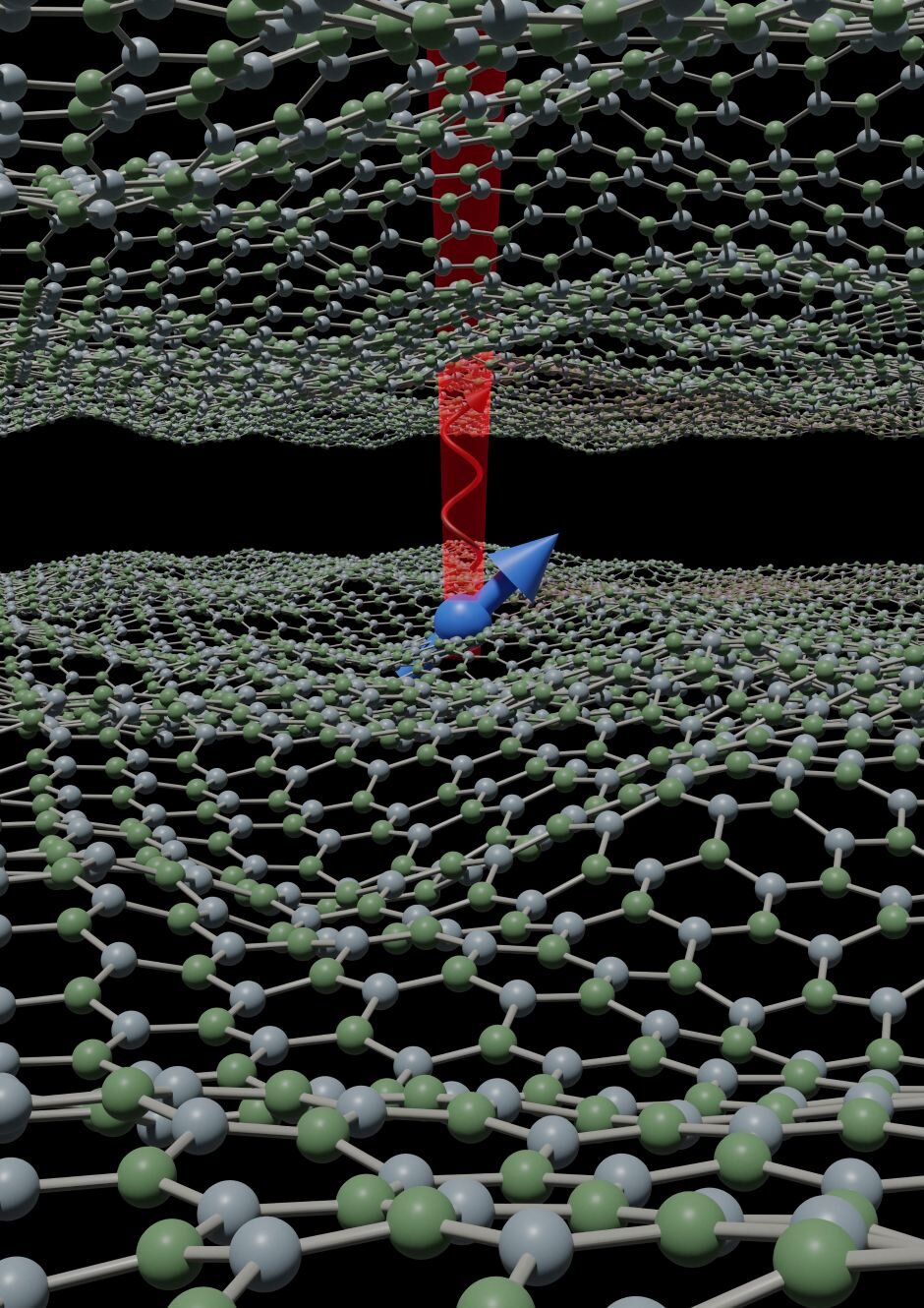A team led by University of New South Wales (UNSW) has found that removing random doping in quantum electronic devices dramatically improves their reproducibility. That is a key requirement for future applications such as quantum-information processing and spintronics.
Traditionally, quantum devices have been fabricated from modulation-doped heterostructures, where there is an intrinsic lack of reproducibility due to the random potential from ionized donors. The team has showed that one can greatly improve reproducibility over modulation-doped devices by using a completely undoped architecture, with superior uniformity in the confinement potential and more consistent operating voltages for both electron and hole devices.
Their results demonstrate that undoped heterostructures have significant advantages over modulation doping for reproducible manufacturing of quantum devices.
The work has been published in Applied Physics Letters.



